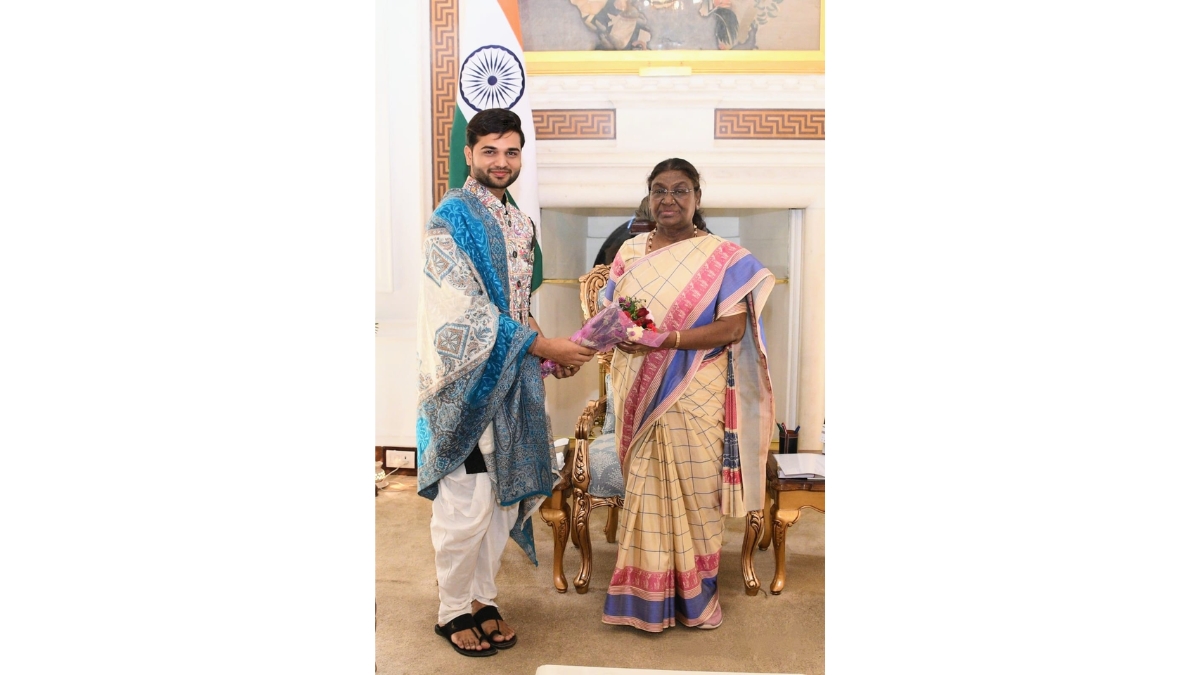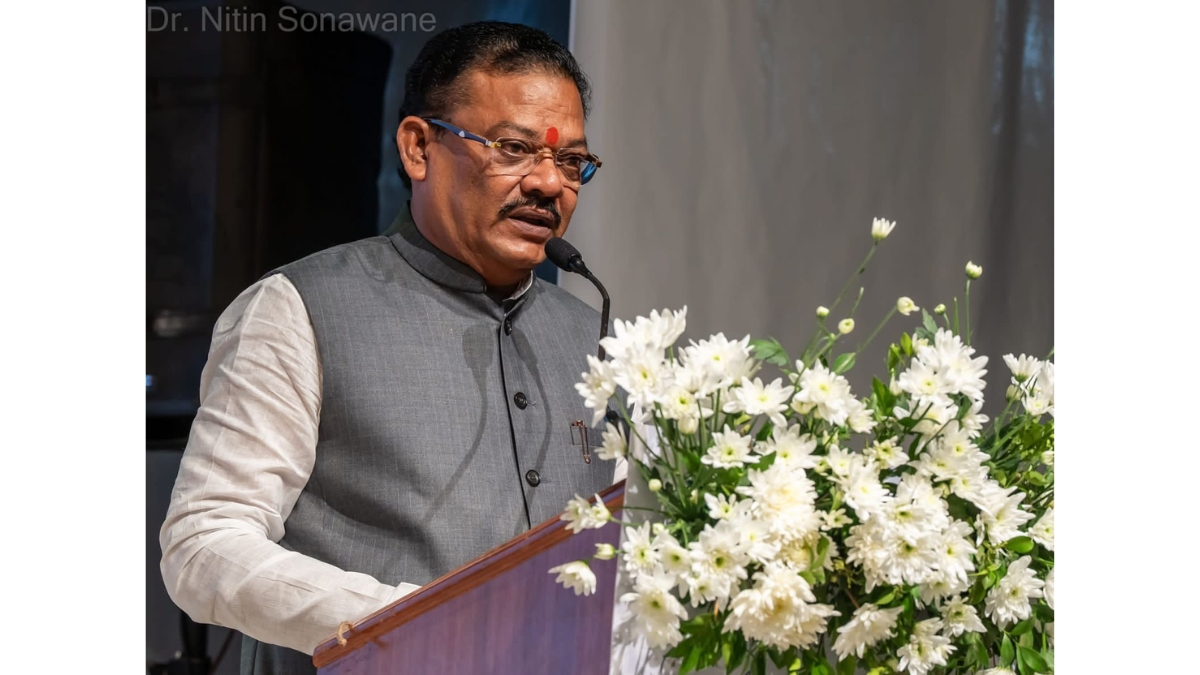

Gi Group India Continues its “Conversations on Sustainable work”
New Delhi (India), December 01: This is a time when women around the world are breaking all barriers, and yet according to a World Economic Forum report [World Economic Forum’s Gender Gap Report], women’s progress in economic participation and opportunity has declined, forcing gender parity to a low 57.8%, a fact further exacerbated by a devastating pandemic.
In India, gender parity at the workplace is still quite a bit out of our reach. As per the ‘DivHERsity Benchmarking Report 2019’, which studied gender parity in the Indian workplace across 300+ companies, only a quarter of India’s workforce is female. This was corroborated not too long back by the ‘India Skills Report 2018’ that puts the economic participation of women in the workforce at 23% in 2018, a concerning fall from 32% in 2016.
In a recent development, Gi Group India organized a virtual event on “Building Gender Parity at Indian Enterprises”, which is the second webinar in the series of “Conversations on Sustainable Work”.
Building Gender parity in Indian Enterprises comes with multiple challenges like work-family balance, choice of job profiles, workplace location, the disparity in salaries and most importantly a mindset and attitudinal change at all organizational levels.
Industry stalwarts made the conversation even more interesting with their insightful thoughts; Eminent speakers: T.N Hari, CHRO, Bigbasket, Katyayani Krishna, Area HR Head, South-Asia, Maersk, Amit Chincholikar, Global CHRO, Tata Consumer Products, Avneet Hora, Head of HR & Board Member, Unisys India, Sangeeta Gupta Senior Vice President, NASSCOM.
Upasana Raina, Director Human Resources Gi Group India, said, “While a lot is always discussed on the need to improve gender parity at Indian enterprises, the positives need to be reiterated much more than just focusing on what’s not working well. During our virtual event, which is the second webinar in our series of “Conversations of Sustainable work,” we discussed actions that are being taken in respective organizations/sectors to build gender parity. I Would like to thank all our esteemed panellists who shared their expert views on the topic.”
Click on the link and get access to our virtual session:
https://www.linkedin.com/company/gigroup/posts/?feedView=all&viewAsMember=true
About Gi Group
Gi Group is one of the world’s leading companies providing services for the development of the labor market. The group is active in the fields of temporary and permanent staffing, advanced outsourcing, search and selection, training, outplacement, HR consulting, as well as in a variety of complementary activities. In India Gi Group actively works with 500 + customers across the country through a network of offices in 10 major cities. Thanks to its direct presence and strategic partnership, it operates in more than 57 countries across Europe, America, Asia, and Africa.
For more information, please contact: [email protected]| www.gigroup.co.in



